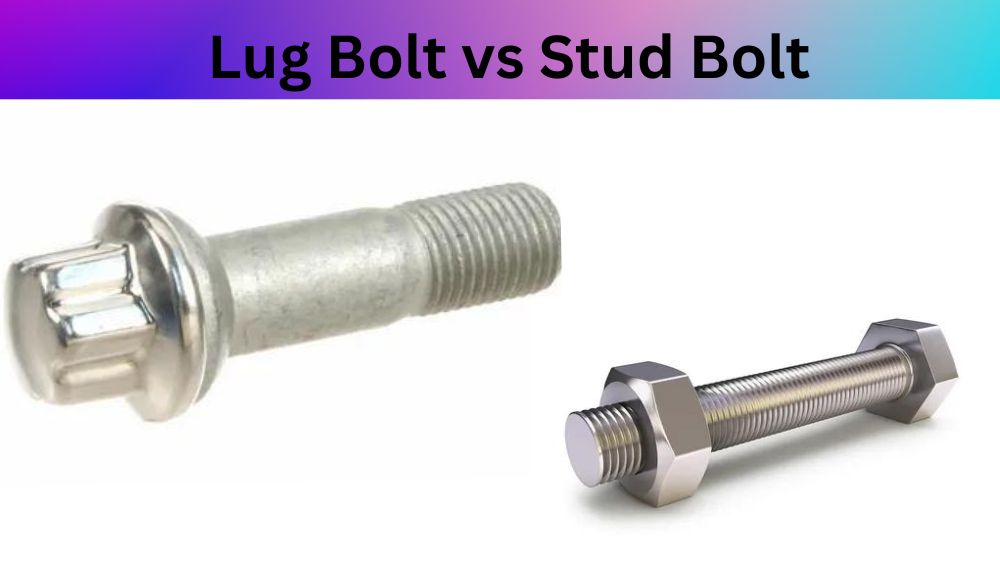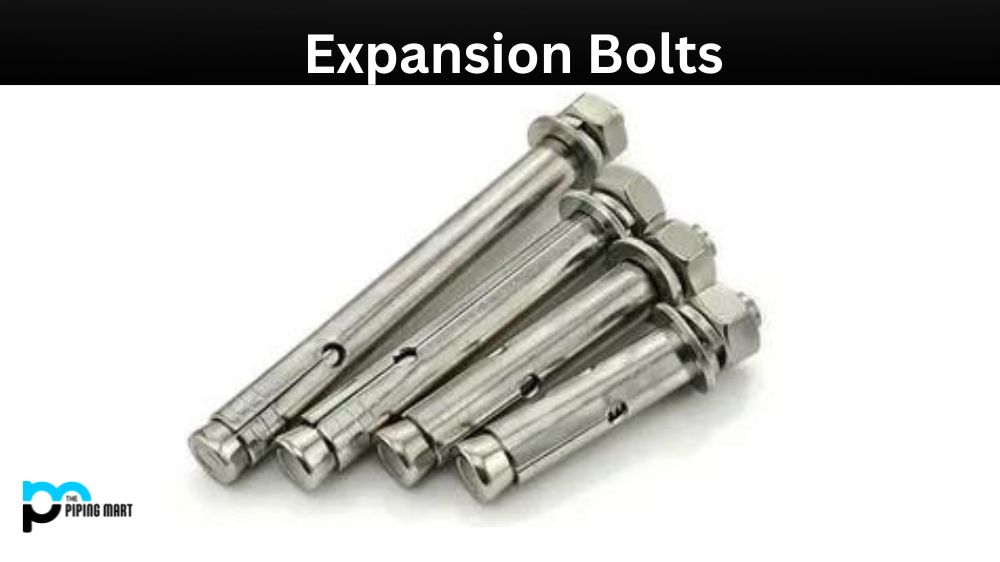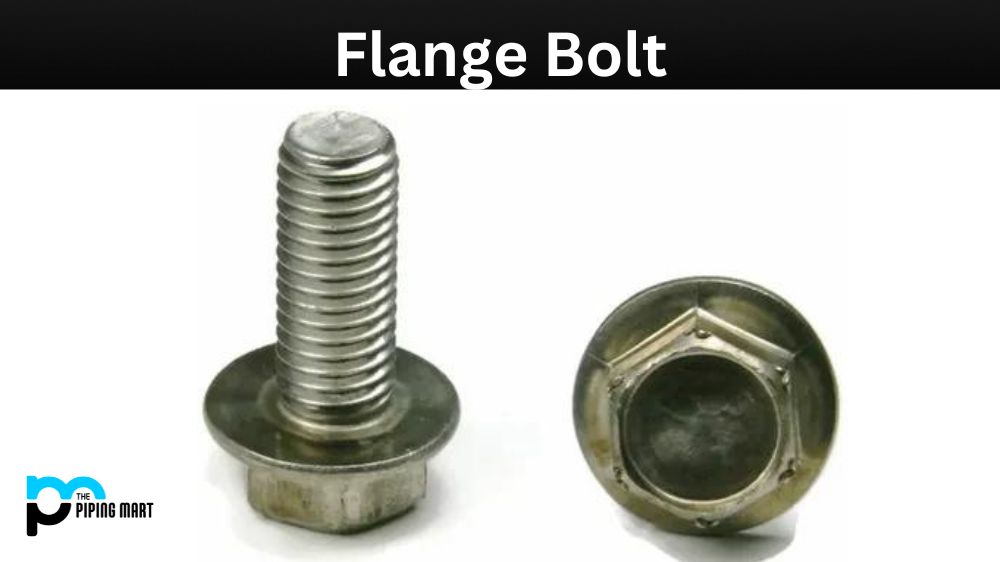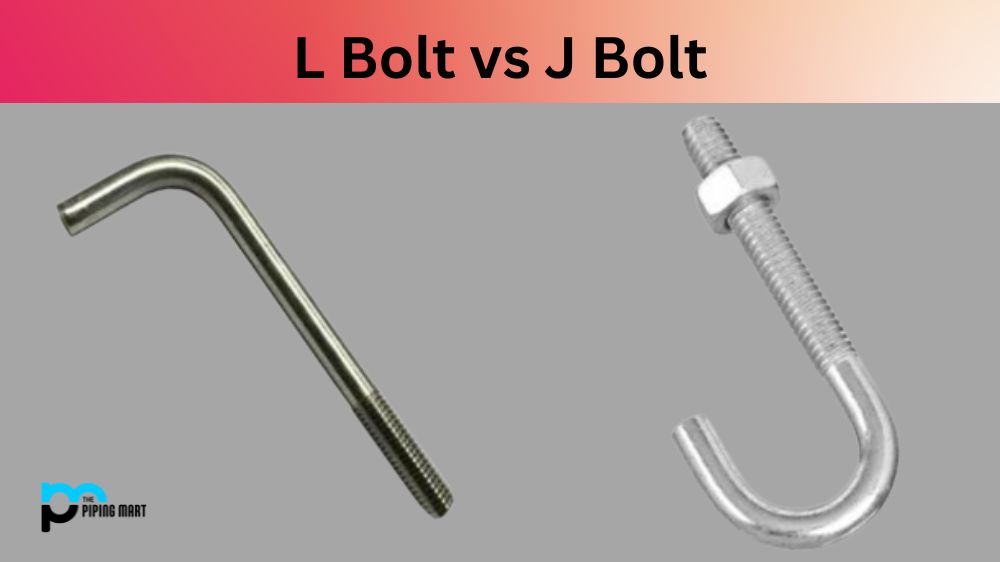Do you need clarification about lug bolts and stud bolts? You’re not alone! It’s easy to get confused between these two types of bolts in the automotive world. Both bolts are essential to secure your wheels to the car. But what exactly is the difference between them? In this blog post, we’ll discuss the differences between lug bolts and stud bolts to help you make an informed decision for your vehicle.
What is Lug Bolt?
Lug bolts (also known as wheel bolts) are fasteners used to secure the wheels of a vehicle to the hub. They come in various shapes, sizes, and materials. Lug bolts typically consist of an externally threaded bolt with a tapered head for installation into a tapped hub or brake drum. Typically, lug bolts are made from either steel or aluminium, depending on the application and can be painted or chromed for aesthetic appeal. These fasteners are essential for providing stability and balance to your car’s wheels while driving.
What is Stud Bolt?
Stud Bolts are a type of fastener used to secure flanges and other objects together. They consist of a threaded rod with two or more nuts on either end. The nuts can be tightened onto the grooves in the tubing, giving a strong, reliable connection that will withstand high pressure and vibration levels. Stud bolts are commonly used in industrial applications such as petrochemical plants, refineries, pressure vessels, boilers and valves. They are also increasingly becoming popular for residential construction and plumbing work.
Difference Between Lug Bolt and Stud Bolt
Design and Construction
Lug bolts are one-piece bolts that come in various lengths and threads. They have a hexagonal head on one end and a threaded shank on the other end. Lug bolts are designed to go through the wheel’s lug holes and attach directly to the hub. On the other hand, stud bolts consist of two distinct parts, the threaded shaft and the head. The threaded part goes into the hub while the head extends beyond the hub. The wheel is then held in place by lug nuts threaded on the stud.
Ease of Installation
Although lug bolts are easier to handle, they take more effort and time to install than stud bolts. You have to put the lug bolt into the correctly sized socket before inserting it into the lug hole and also hold it steady using a wrench while tightening it down. Stud bolts, on the other hand, are easier to install since they can be attached to the hub before putting on the wheel. Once the wheel is aligned with the stud’s threads, it can be secured and tightened with a lug nut.
Safety
Regarding safety, stud bolts have an edge over lug bolts. Stud bolts are less likely to come loose since they are longer and have more threads to grip the wheel. With lug bolts, you have to hope they will stay tight as you drive; otherwise, you could have a serious accident. If the lug bolts become loose, they could cause the wheel to wobble, leading to uneven tire wear and, possibly, even the wheel coming off.
Compatibility
Car manufacturers use lug bolts or stud bolts depending on their specific requirements. While lug bolts are common on European cars, stud bolts are more common on American cars. However, some cars may use both bolts, so checking what your vehicle requires is essential. Using incorrect bolts could lead to accidents and damage to your vehicle’s wheels and suspension system.
Maintenance
Maintenance is another aspect to consider when choosing between lug bolts and stud bolts. Removing lug bolts for wheel replacement can be challenging, especially if the bolt is rusted or damaged. Stud bolts don’t require as much maintenance since they stay in place on the hub, making it easier to change the wheels.
Conclusion:
Now that you know the differences between lug and stud bolts, which is best for your car? It depends on your car’s model, preferences, and what you’re looking for in terms of convenience and safety. Both bolts are essential for securing your wheels to the car, so it’s important to choose the right one. If you need help deciding which type to use, consult your car’s manual or ask a mechanic for advice. Always ensure that the bolts you choose are of high quality and meet the safety standards for your vehicle.

A passionate metal industry expert and blogger. With over 5 years of experience in the field, Palak brings a wealth of knowledge and insight to her writing. Whether discussing the latest trends in the metal industry or sharing tips, she is dedicated to helping others succeed in the metal industry.




